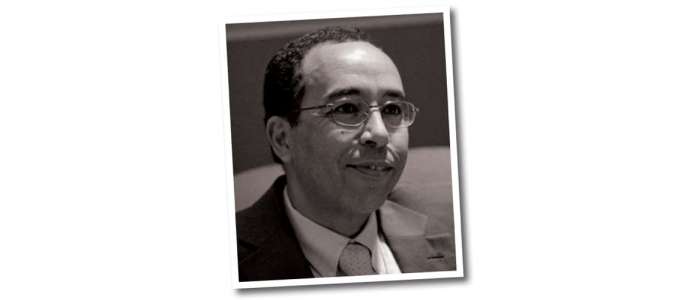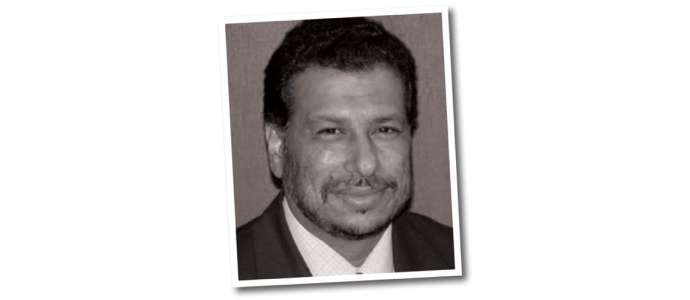
#CILE2015: The Participants
>> CILE 3rd Annal International Conference, Brussels, march 2015 <<
Biography
Dr. Abozaid holds a Masters and PhD in Islamic financial law. He also holds three BAs : in Islamic law, Arabic language and English Literature ; two higher studies diplomas in Islamic law and Human sciences. He has extensive teaching experience as a Lecturer at Damascus University since 1998, then at the International Islamic University in Malaysia, specializing in Islamic Financial Law. He was subsequently employed as a Shariah expert and trainer at the Emirates Islamic bank and became a Shariah board member and consultant for Islamic financial institutions, including RHB Islamic bank in Malaysia as well as Mithaq Takaful in Abu Dhabi and Five Pillars Associates in Singapore. In 2012 he became the head of the Shariah department at the Oman Arab Bank in Muscat, Oman.
He has conducted workshops and training courses in numerous Islamic banks, financial institutions and universities. Dr Abozaid has contributed to the writing of new Shariah standards adopted by Islamic financial institutions. He has published in many international refereed journals and newspapers, and presented papers at many international finance conferences. His expertise in Islamic Finance has been recognized by the publi- cation of four authoritative books. In particular, Fiqh Al-Riba was published in 2005 (632 pages) and is his masterwork. He is currently Associate Professor in the Islamic Finance Program at the Qatar Foundation in Doha.
Speech Title (Economics and Finance panel)
What is the Forbidden Riba ?
Abstract
Sharia texts forbid riba and deny claims of its permissibility within earlier societies, because it is a form of unjust consumption of people’s money. The concept of riba in Islam is no different from its understanding within other religions in their original versions. However, Islamic Sharia widens the concept of riba and introduces a new form which was wholly unknown in earlier times, the sale’s riba. This expansion of the concept of riba aims only to achieve the essential purpose of forbidding riba, that is to say, to prevent unjust consumption of people’s properties.
For Muslims, Islam is the final revealed message from God whose laws are constantly valid and effective for all human developments until death in this worldly life. The Wise Lawgiver knows that human financial transactions will go through considerable developments and improvements that are entirely different from earlier times in history, because people will always be inventing new contracts and strategies for exploiting one another and abusing societies and economies – it is human nature. The Islamic conceptual development of forbidding riba balances such human developments. This differs from the understanding of riba in other religions and covers all socially-harmful contracts that the lawgiver knows will cause harm to people and markets.
Contemporary times have uncovered the Lawgiver’s wisdom underlying the prohibition of sale’s riba, even though it was not so clear at the time of the Companions and the early jurists to the extent that ‘Umar bin al-Khattab, being unable to grasp the wisdom of sale’s riba, hoped that the Prophet had clarified some cases of riba before his death. Even Ibn ‘Abbas understood this prohibition as an approach only to block the means to usury-based loans.
The usury-based loan is widely known to be forbidden in all religions with no difference between them. Scholars are unanimous in their agreement that this includes all forms of usury-based loans, whether the creditor is an individual or an institution and regardless of the purpose of a debtor ; he borrows for consumptive or productive needs, and irrespective of the interest rate.
Riba was not forbidden in various laws because of simple formalities or apparent means, but because of meaning and essence. Similarly, consumption of wine was not forbidden for its color, taste, smell or name, but because of its intoxication properties and the associated capacity to induce a whole range of harmful effects. Islam thus forbids riba, because of its evils, its exploitive nature and the various consequent harms of this.
Legally speaking, reaching the ends of riba contracts is impermissible, and as such, any mode that individuals or financial institutions adopt to reach the same end is prohibited. Followers of the earlier monotheistic religions, for example some Shariah texts report that the Jews practiced several indirect ways of exchanging cash with an increase in repayments and because of this, they were damned and punished.
Having said that the essence of riba in its two kinds of debts and sales, and irrespective of forms and types (little or much, see later within this paper) is prohibited, Sharia does exempt exceptional cases of necessity of riba from sin within certain specific restrictions and conditions that fulfill the legally-considered norms necessity within the Sharia.
For example, these necessities may include the food, clothes and housing. It should also be noted that from the perspective of Sharia, these legal necessities never form a permanent effective law. They are only temporary and exceptional in nature and thus will pardon the debtor-in-need but never will do this for the usurious creditors even if he is dealing with people who need money for fulfilling the necessities of their life. The legal principles never tolerate usurious (direct or indirect) gains on the part of institutions5.
This paper also explores the concept of “little” and “much” riba. Unlike some other religions and sects, for example some churches permit the little riba and call it interest while prohibiting the much riba, Islamic Sharia does not permit either riba ; it makes no difference, little or much. Again, unlike the Jews who forbade lending with interest and permitted lending to non-Jews with increase in repayment, riba in Islam is indiscriminately forbidden among all, whether the other party is Muslim or not.
Welcoming Speech
What is the forbidden riba?
(Starting 42 min)
































Add new comment